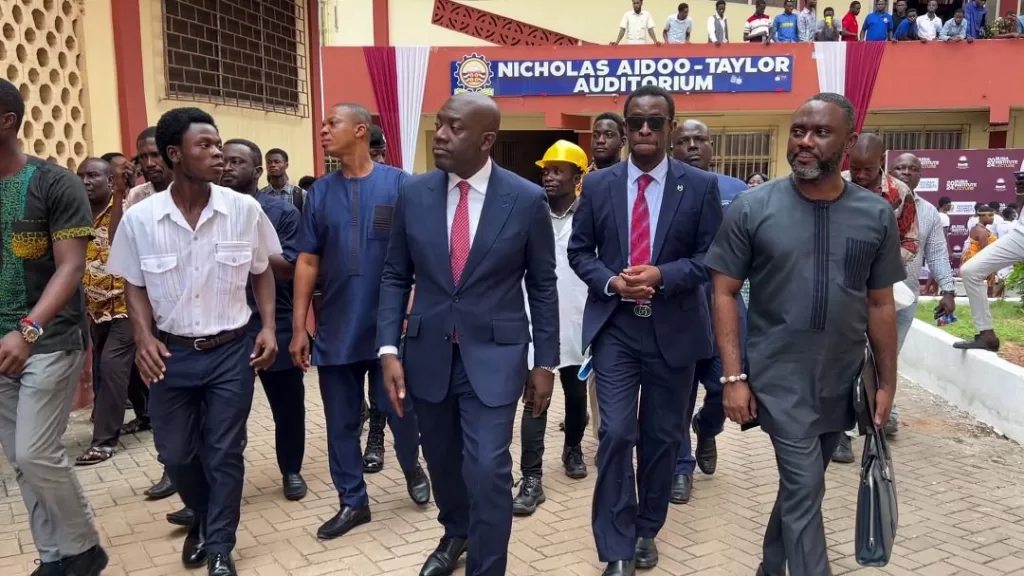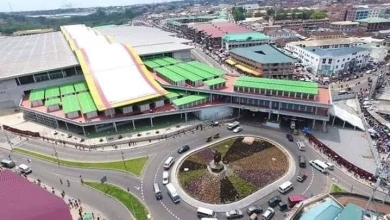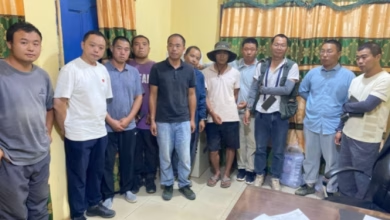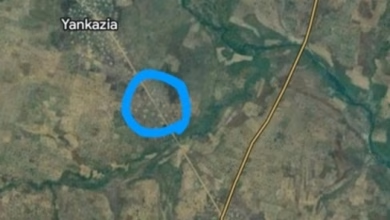District Housing Programme Launched to Bridge 1.8m Housing Gap in Western Region
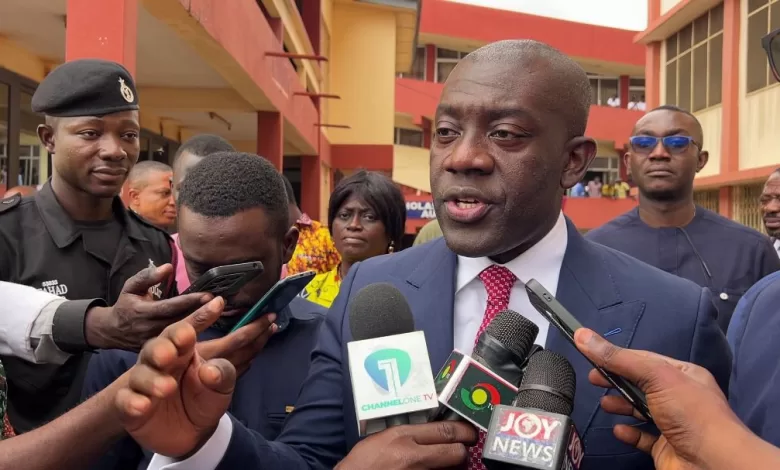
- Ghana launches District Housing Programme to address 1.8m housing deficit.
- Programme uses innovative technologies for affordable rural housing.
- Partners with Traditional Authorities for community-driven development.
- Emphasizes affordability, eco-friendliness, and local job creation.
The Ministry of Works and Housing has launched the District Housing Programme, a comprehensive initiative aimed at addressing the 1.8 million housing deficit in Ghana.
According to the Minister, Kojo Oppong Nkrumah, 35% of Ghanaians require affordable housing, and the program seeks to provide innovative solutions to meet this demand through the use of cutting-edge technologies and sustainable practices.
The program leverages Compressed Building Technology and Affordable Alternative Building Technology to provide affordable housing solutions in rural areas, where the need is most acute.
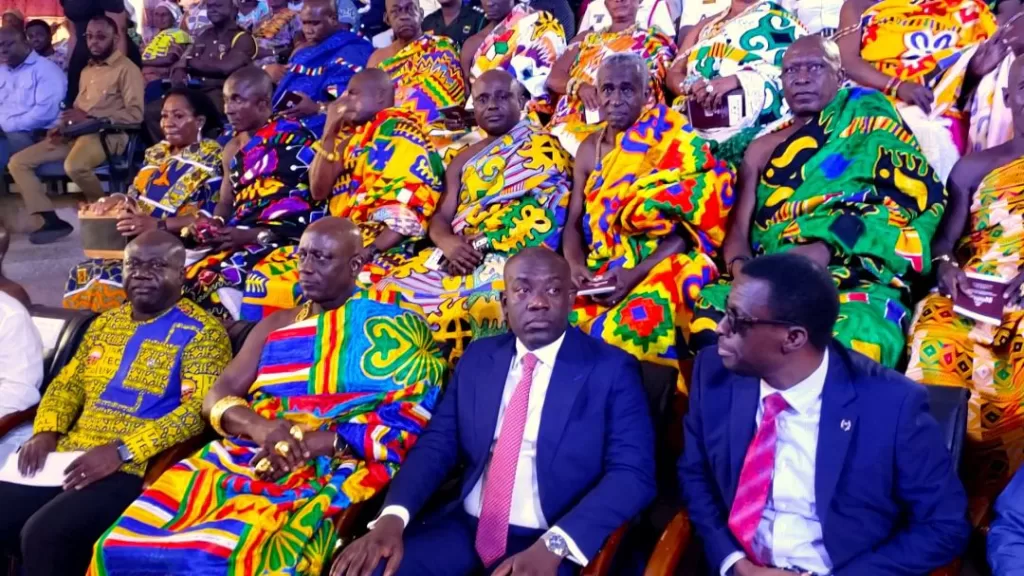
The Minister emphasized the need for detailed data to reflect changing trends in housing requirements and to inform interventions, noting that the Ministry is working to get the right innovation in data through research and innovation in institutional framework.
The program is a result of collaboration between the Ministry, the Department of Rural Housing, experts in the built environment, and other stakeholders, who have worked together to develop a rural housing program for Ghana.
The District Housing Programme will partner with Traditional Authorities and Assemblies to access unencumbered land for the project, ensuring that the program is community-driven and sustainable.
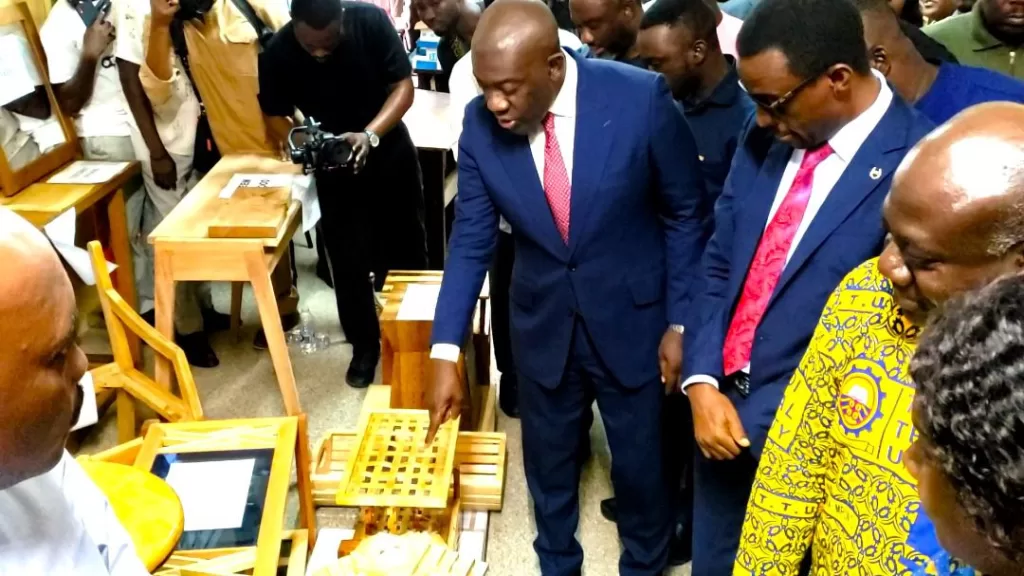
The Minister highlighted the features of the program, including the use of innovative technologies to solve rural housing problems affordably, and the focus on community engagement and participation.
The program will kick off in selected districts, with contractors expected to begin work in the coming weeks, pending Cabinet approval, and will be expanded to more districts across the country as funding becomes available.
The Minister emphasized the affordability of the program, citing the use of Compressed Earth Building Technology, which reduces costs and is eco-friendly, and noted that the program will provide training and employment opportunities for local artisans and youth.
The program aims to address Ghana’s housing deficit sustainably, with the Minister commending Takoradi Technical University for its research strides in the built environment and encouraging academic institutions to foster research for development.
